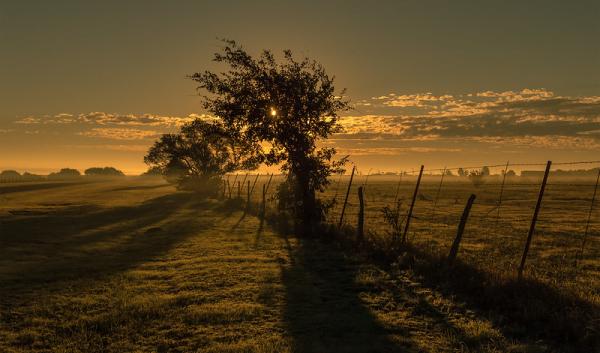Tribal Nations
Tribal Nations are recognized as sovereign nations and that have inherent power to govern all matters involving tribal members and issues in Indian Country. In the United States there are 573 federally recognized Indian Nations (also called Tribes, Nations, Pueblos, Native Villages, Communities, and Pueblos) as well as a number of Tribal Nations recognized by states within the United States. Tribal communities rely on farms, forests, rangelands, as well as freshwater and marine ecosystems for culture, heritage, and food security. Many tribal communities and fundamental ways of life are vulnerable to climate change as it will affect food harvest, preparation, consumption, as well as spiritual practices. Climate change is already affecting Native communities. These communities have a cultural history of adapting to change, but are vulnerable to these rapid changes.
“Tribal cultures and economies reflect intimate interdependencies between place, environment, natural resources, and people which make their communities highly vulnerable to impacts of climate change. Transgenerational knowledge systems provide a rich source of observational changes over extended periods of time, traditional management practices, and a history of experiential approaches to adaptation to change, and information that can identify and interpret the significance of local manifestations of environmental stressors. Tribes are developing risk assessments and adaptation plans to identify values and address risks unique to their own communities. Information systems are being designed and developed to support tribal engagement in the development and implementation of policies, programs, and projects to address climate concerns.” – Gary Morishima, Quinault Tribe
-
Climate Change and Wild Foods in Alaska
Climate change is altering the abundance and location of a variety of wild foods in Alaska, affecting food security.
-
Tribal Food Sovereignty and Climate Change in the Northwest
Food sovereignty is important to Northwest Tribal Nations. However, it is being affected by climate change.
-
Climate Change and Mental Health in the Northwest
Climate change can have a variety of negative mental health effects, particularly on vulnerable populations. However,…
-
The Native American Rangeland Training Initiative
The Native American Rangeland Training Initiative project aims to address tribal training and education through courses…
-
What We Know About Climate Change and Northwest Huckleberries
Fire and forest management practices play important roles in the current and future success of huckleberry across the…
-
Tribal Climate Adaptation Menu
The Menu is an extensive collection of climate change adaptation actions for natural resource management with tribal…
-
Northwest and Alaskan Tribal Nations and Climate Change
A description of climate change impacts on Tribal Nations in Alaska and the Northwest as well as highlights of a few…










